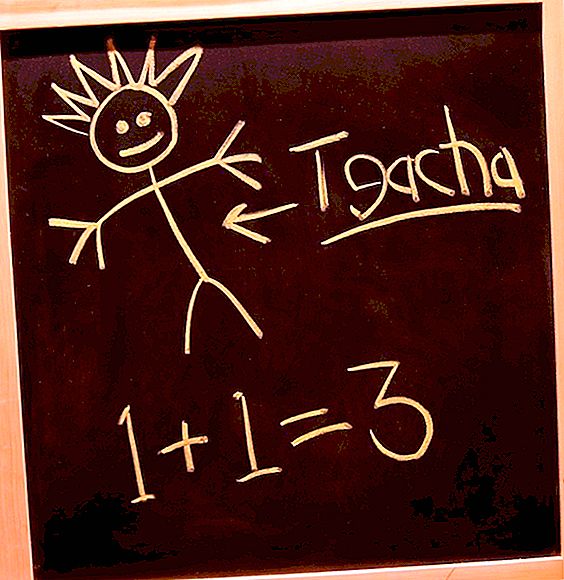An increasing number of people notice that the speed of all processes in any area of life is growing rapidly. A large number of changes occur inside the person, in his mind. Many come to the conclusion that learning from the mistakes of both their own and those of others is too late. It is necessary to learn in a short time how to notice these errors in your home so that you can manage to avoid their consequences in time.

You will need
Pen, paper
Instruction manual
one
Focus more on yourself. Only through self-knowledge and in-depth analysis of the usual and possible behavior in various situations can one see the perfect mistakes and avoid them. The difficulty is that for some people it is important to gain experience in negative situations. It is not easy to figure out what is a mistake and what is not. In this case, admit yourself to your negative actions. Draw conclusions. Change your attitude to these situations.
2
Clearly define your goal. Use the technique of affirmations. To do this, daily write on a piece of paper the statement: "I notice my mistakes." This will change your behavior. At first this may seem like an intuitive reaction to circumstances, but in reality this is the effect of affirmations. Be aware of this.
3
Focus on those moments when you are not mistaken. Use the transfer technique of error-free behavior. For example, transfer the correct spelling of words to any of your actions, of whose loyalty you doubt. In some cases this may work.
4
Be clear about the claim that you may not have the right to make a mistake. There are some professions when it is unacceptable to make mistakes. Doctor, pilot, driver. Is it possible to make mistakes to people of other professions? What consequences can your mistakes entail? Answer this question by analyzing your actions in your life. This can apply to any area of the relationship. For example, gender relations and family relationships may also not be eligible for error.
